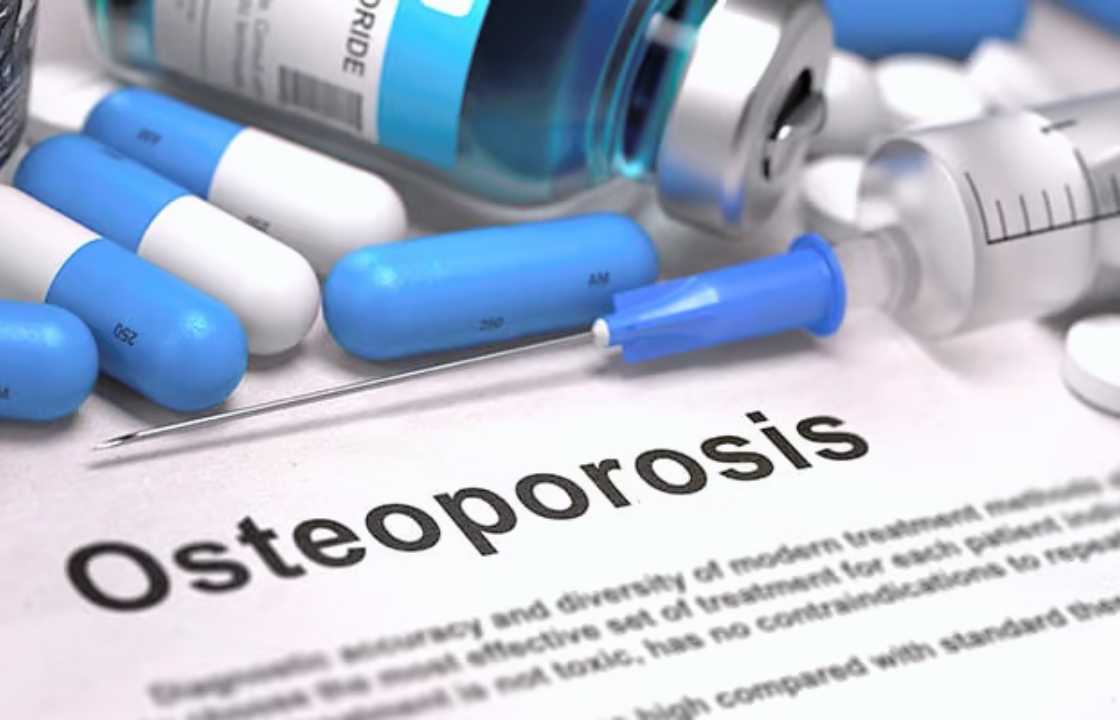Acupuncture has shown promise in providing relief from chronic pain in muscles and joints when standard treatments prove insufficient. While debates on its effectiveness persist, research involving nearly 18,000 participants across 29 studies suggests that acupuncture can offer real relief, with a 50% reduction in pain. This evidence, published in Archives of Internal Medicine, supports […]
Tag Archives: Medical Care
Throughout our lives, our bones undergo constant renewal through a process called bone turnover. Osteoclasts break down and remove old bone, while osteoblasts lay down new bone. After menopause, bone removal accelerates, and the pace of bone formation may not keep up, leading to bone loss and the development of osteoporosis—a condition characterized by weakened […]
Acetaminophen, a widely used pain reliever recognized by the brand name Tylenol, has been a go-to choice for many individuals seeking relief from various ailments. However, recent research suggests a potential link between regular acetaminophen use and elevated blood pressure, shedding light on an aspect that demands attention. Let’s delve into the findings and implications […]
With the onset of cold, cough, and flu season, it’s crucial to be aware of the risks associated with acetaminophen—the pain and fever reliever present in Tylenol and various other over-the-counter medications. While billions of acetaminophen doses are safely consumed annually, accidental overdoses still lead to fatalities, and many individuals find themselves in emergency rooms. […]
A study published in The Journal of the American Medical Association examined the efficacy of adding muscle relaxers or narcotic pain relievers to the nonsteroidal anti-inflammatory drug (NSAID) naproxen (Aleve) for individuals seeking help for severe low back pain in an emergency room setting. The research involved 320 participants, and none exhibited symptoms indicative of […]
Steroid injections for back and neck pain, which deliver medications mimicking the effects of cortisone and hydrocortisone, can bring relief but also carry risks. In 2011, about 2.3 million such injections were administered among people covered by Medicare. While they can provide profound relief, there are potential risks, including partial or total paralysis, brain damage, […]
Ibuprofen and other nonsteroidal anti-inflammatory drugs (NSAIDs), such as naproxen, have long been considered the “benign” choice for pain medication among both doctors and patients. Their non-addictive nature and the perceived difficulty of overdosing contributed to their popularity. Serious side effects, like gastrointestinal ulcers and bleeding, were thought to be limited to high doses over […]
Opioid painkillers are frequently prescribed to address the challenges of chronic low back pain. Nevertheless, a comprehensive analysis encompassing 20 trials, disclosed online on May 23, 2016, by JAMA Internal Medicine, has brought to light that these medications deliver only modest and short-term relief. Within this scrutiny, 13 placebo-controlled trials were conducted, involving 3,419 individuals […]
Were you aware that antidepressant medications are commonly recommended for individuals who do not have depression? Indeed, it is a fact. Antidepressants are regularly prescribed to address chronic pain, particularly pain associated with nerve diseases (referred to as neuropathic pain), persistent discomfort in the lower back or neck, and specific types of arthritis. Surprisingly, some […]
These medications are widely used for their pain-relieving properties, addressing issues like back pain, headaches, and arthritis. Medically, they are referred to as “NSAIDs,” an acronym for nonsteroidal anti-inflammatory drugs. Regardless of the name or the reason for consumption, NSAIDs rank among the most frequently utilized medications globally. It’s estimated that approximately 15% of the […]










